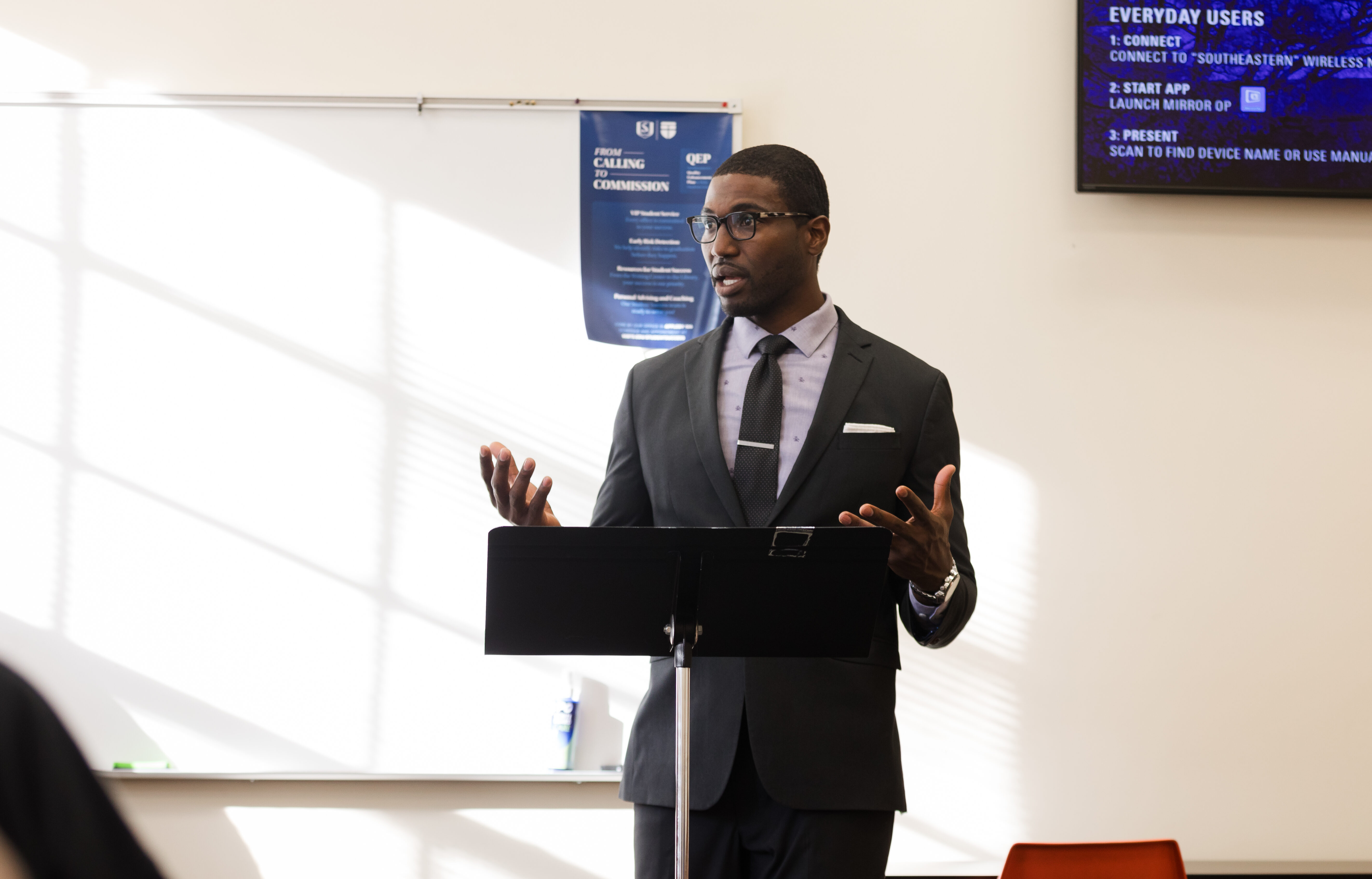1. Good Citizens Respect Federalism
Before 1979, the United States did not have a cabinet-level department solely focused on education. Individual states determined education policy per the principle of federalism (the idea that power is divided between the federal and state governments). This principle is enshrined throughout the United States Constitution. It is most clearly outlined in the Tenth Amendment: “The powers not delegated to the United States by the Constitution, nor prohibited by it to the States, are reserved to the States respectively, or to the people.”
Today, states still have considerable power to establish education policy. However, DOE wields significant influence through, among other means, grant funding, the Office of Federal Student Aid, and Title IX policy interpretation and implementation.
DOE has the power to implement divisive and oppressive policies. Under the Biden administration, DOE’s Office for Civil Rights pushed Title IX Regulations that prohibited sex discrimination based on “gender identity.” Multiple state attorneys general sued to prevent this manifestation of gender ideology from being forced on the people of their states.
Concerns over federalism in education are not new. In the 1920s, New Testament scholar and founder of Westminster Theological Seminary, J. Gresham Machen, spoke out against establishing a federal department of education.
In 1926, Machen testified before Congress on a proposed department of education. Machen said, “I do not believe that the personal, free, individual character of education can be preserved when you have a Federal department laying down standards of education which become more or less mandatory to the whole country.”[1] Machen believed that a standardized approach to education ignored the uniqueness of individual students and local community needs and preferences.
In testimony and various writings, Machen emphasized that a department of education disrespects the division of power between federal and state governments. Placing too much power in the hands of the federal government leads to forcing oppressive policies on states. He wrote, “So it is to be observed that State measures [in education] . . . are very much more likely to be checked, if they are oppressive and against the spirit of our institutions, than are Federal measures.”[2] Citizens have more influence on education policy at the state level because their votes have more impactand their voices speak louder in a smaller polity.
Machen also believed that the educational needs and preferences of individuals and communities can be addressed more effectively at the local and state levels.
2. Good Citizens Respect Their Neighbors
Federalism respects different perspectives, opinions, and religions. The Constitution’s division of powers acknowledges that, in such a geographically diverse country, states will assume various characteristics based on different belief systems and cultures.
The use of force to implement divisive educational policies, such as the Biden administration’s Title IX interpretation, disrespects the right of states to set education policy according to the wishes of their residents. Policy differences between states should be respected. Indeed, competition between educational options—between public schools of different states, between public schools and private schools, between homeschool and private schools, etc.—provides a healthier educational environment overall.
Machen recognized the importance of tolerating diverse educational options arising from voluntary association: “one of the fundamental principles of liberty, which is involved in the present issue [of education], is the principle of the right of voluntary association, the right of persons to associate themselves voluntarily for the propagation of their own views.”[3] The greater the DOE’s influence, as an involuntary association, the less space remains for innovative and religiously oriented educational options to develop and flourish. Respecting our neighbors’ voluntary arrangements in educating their children accords with our nation’s governing principles.
Conclusion
In Romans 13:1 Paul writes, “Let everyone submit to the governing authorities, since there is no authority except from God, and the authorities that exist are instituted by God” (CSB). What does this mean for how American Christians approach education policy?
As citizens of a constitutional republic, our duty is to vote for candidates who support policies in accord with the Constitution. We submit to the Constitution as the supreme law of the land and must call our elected representatives to do the same. Policies and institutions contrary to this governing authority must be addressed. Eliminating DOE respects the Constitution’s emphasis on federalism. It also lessens the likelihood of oppressive, “one-size-fits-all,” policies trampling the rights of states and their citizens.





No comments have been added.